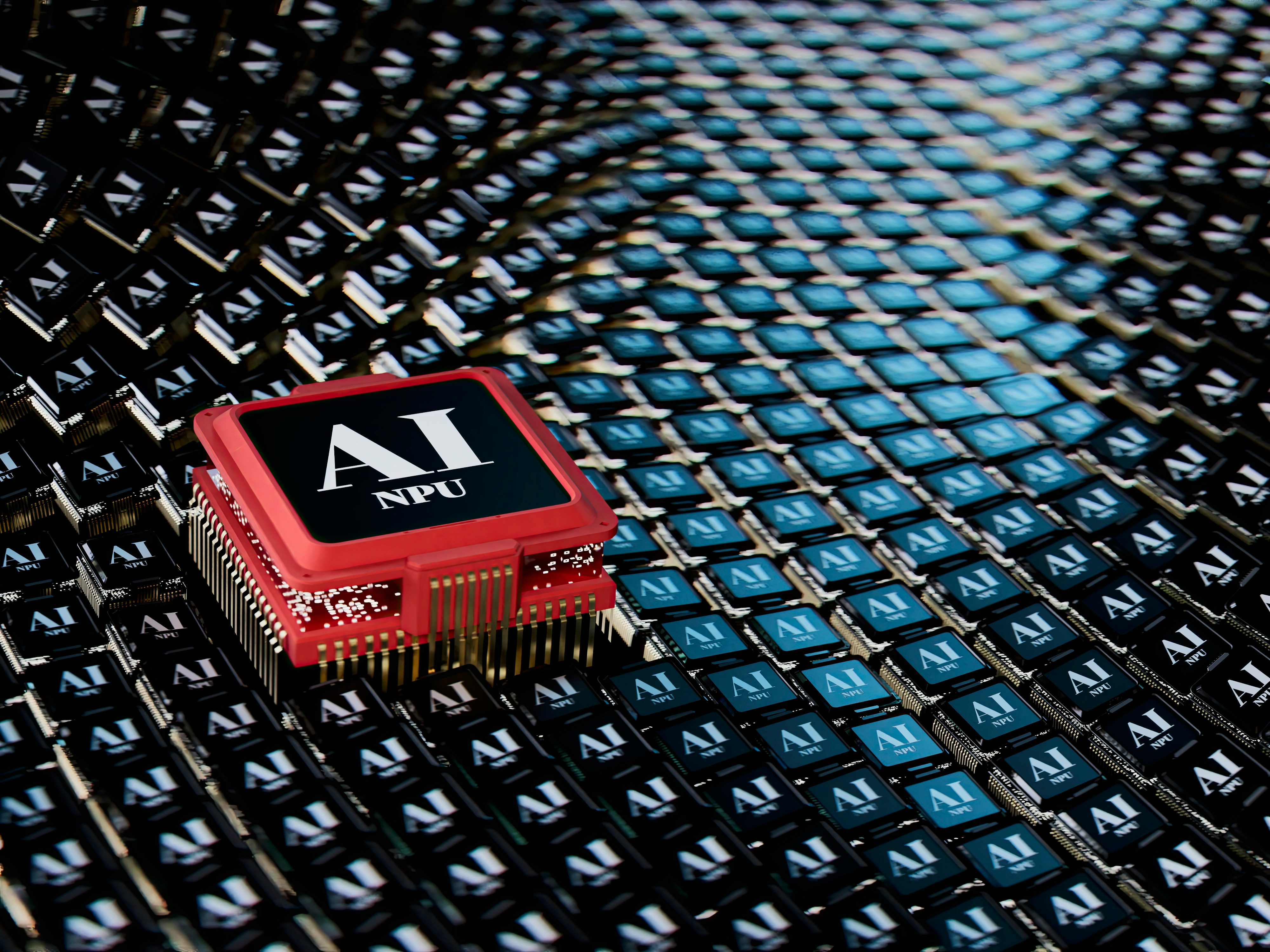Artificial Intelligence (AI) | Definition & Examples
Artificial Intelligence (AI)
Definition:
"Artificial Intelligence (AI)" refers to the simulation of human intelligence processes by machines, especially computer systems. These processes include learning (acquiring information and rules for using it), reasoning (using rules to reach approximate or definite conclusions), and self-correction.
Detailed Explanation:
Artificial Intelligence (AI) is a broad field of computer science focused on creating systems capable of performing tasks that typically require human intelligence. These tasks include recognizing speech, making decisions, understanding natural language, and visual perception. AI technologies enable machines to learn from experience, adapt to new inputs, and perform human-like tasks.
There are several types of AI, each with different capabilities:
Narrow AI (Weak AI):
Designed to perform a narrow task, such as facial recognition or internet searches. Examples include virtual assistants like Siri and Alexa.
General AI (Strong AI):
Possesses generalized human cognitive abilities. When faced with an unfamiliar task, a strong AI system can find a solution without human intervention. This type of AI remains largely theoretical.
Superintelligent AI:
Surpasses human intelligence in all respects—creativity, general wisdom, and problem-solving. This level of AI is purely hypothetical at present.
AI systems are typically powered by machine learning algorithms, which enable computers to learn from and make decisions based on data. Deep learning, a subset of machine learning, uses neural networks with many layers (deep networks) to analyze various factors of data.
Key Elements of AI:
Machine Learning:
Algorithms that enable computers to learn from data and improve performance over time without being explicitly programmed.
Neural Networks:
Models inspired by the human brain that are used to recognize patterns and classify data. They form the basis of deep learning.
Natural Language Processing (NLP):
The ability of a computer to understand, interpret, and generate human language. Examples include language translation and chatbots.
Computer Vision:
The ability of machines to interpret and make decisions based on visual input from the world. Examples include image and video recognition.
Advantages of AI:
Efficiency:
AI systems can process large volumes of data faster and more accurately than humans.
Automation:
AI can automate repetitive and mundane tasks, freeing humans to focus on more complex and creative work.
Decision Making:
AI can analyze data and make decisions with high precision, aiding in fields like medical diagnosis and financial forecasting.
Challenges of AI:
Ethical Concerns:
Issues related to privacy, bias, and the potential for AI to replace human jobs are significant concerns.
Complexity:
Developing and implementing AI systems requires significant expertise and resources.
Security:
AI systems can be vulnerable to attacks and manipulation, requiring robust security measures.
Uses in Performance:
Healthcare:
AI aids in diagnosing diseases, personalizing treatment plans, and predicting patient outcomes.
Finance:
Uses AI for fraud detection, risk assessment, and algorithmic trading.
Customer Service:
Deploys AI-powered chatbots and virtual assistants to handle customer inquiries and support.
Design Considerations:
When developing AI systems, several factors must be considered to ensure effectiveness, fairness, and security:
Data Quality:
Ensure that the data used for training AI models is accurate, representative, and free of bias.
Ethical AI:
Implement guidelines to ensure that AI systems are fair, transparent, and accountable.
Security:
Protect AI systems from adversarial attacks and ensure data privacy and integrity.
Conclusion:
Artificial Intelligence (AI) involves simulating human intelligence processes through machines, enabling them to perform tasks that typically require human cognition. By leveraging machine learning, neural networks, natural language processing, and computer vision, AI systems can learn from data, make decisions, and automate tasks. Despite challenges related to ethics, complexity, and security, the advantages of efficiency, automation, and enhanced decision-making make AI a transformative technology in various fields. With careful consideration of data quality, ethical guidelines, and robust security measures, AI can significantly enhance the capabilities and performance of applications across industries.

